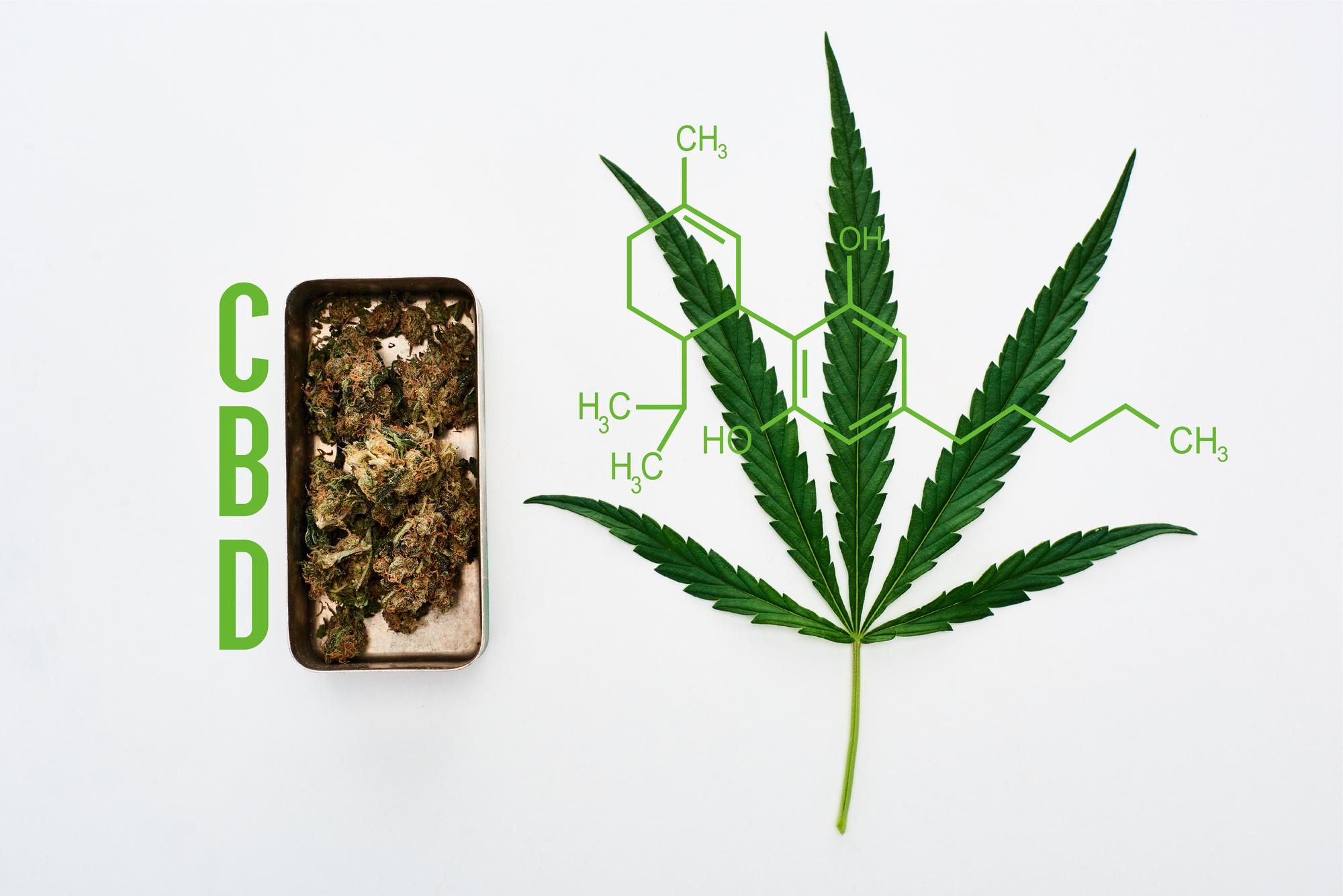When it comes to nourishing the skin, few natural oils are as widely praised as hemp seed oil and argan oil. Both have earned their place in moisturizers, serums, and treatments for their nutrient-rich profiles and hydrating benefits. Yet, while they share some similarities, the two oils differ in composition, texture, and how they interact with various skin types.
The Origins of Each Oil
Hemp seed oil is derived from the cold-pressed seeds of the Cannabis sativa plant. Unlike CBD or THC oils, it contains no cannabinoids but is dense with essential fatty acids and antioxidants. Argan oil, by contrast, comes from the kernels of the argan tree (Argania spinosa), which is native to Morocco. It’s often called “liquid gold” due to its centuries-long use in skincare and haircare.
Composition and Nutrient Profile
The primary difference between these oils lies in their fatty acid balance. Hemp seed oil is one of the few natural oils to maintain a near-perfect 3:1 ratio of omega-6 to omega-3 fatty acids — crucial for maintaining the skin’s barrier and regulating oil production. It’s also rich in linoleic acid and alpha-linolenic acid, compounds linked to calming inflammation and reducing acne flare-ups, according to studies published in the Journal of Dermatological Treatment.
Argan oil, on the other hand, contains high levels of oleic acid and vitamin E. This combination helps lock in moisture, making it particularly beneficial for dry or mature skin. Research from the Journal of Cosmetic Dermatology notes that argan oil supports improved skin elasticity and hydration, and its antioxidant content can help protect the skin from environmental stressors.
Texture and Absorption
In terms of feel, hemp seed oil is lightweight and absorbs quickly, leaving behind minimal residue. This makes it ideal for individuals with oily or combination skin who need hydration without the heaviness. Argan oil, though not greasy, has a slightly thicker texture and delivers a more emollient finish — perfect for nighttime moisturizers or for those with dry, flaky, or compromised skin barriers.
Targeted Skin Benefits
Both oils deliver potent hydration, but their applications can differ. Hemp seed oil’s balancing nature makes it suitable for acne-prone or sensitive skin, helping regulate sebum and soothe redness. Argan oil shines in anti-aging treatments, promoting suppleness and reducing fine lines thanks to its abundance of tocopherols and squalene.
Dermatologists often recommend hemp seed oil for calming inflammation-based conditions like eczema or rosacea, while argan oil is more frequently found in rejuvenating creams or luxury face oils designed to restore radiance and elasticity.
Choosing the Right Oil
For those with oily or acne-prone skin, hemp seed oil offers lightweight moisture without clogging pores. Dry or mature skin types may benefit more from the richness of argan oil. Both oils, when cold-pressed and unrefined, provide nutrient-dense, plant-based hydration — a testament to how nature continues to outperform many synthetic alternatives.

